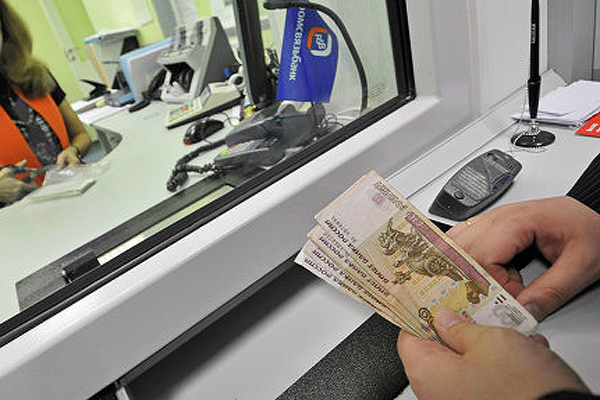The biggest effect of the depreciation of the Russian ruble on Moldovan economy will be lower remittances. Adrian Lupusor, director of the Independent Analytic Center “Expert-Grup”, anticipates a 20% drop in remittances from Russia, which in the short term equals a 12% drop in the total inflow of remittances, IPN reports.
According to the Expert-Grup analysis, this 12% fall will lead to a series of negative consequences in the absence of adaptation mechanisms such as migration to other fields of work or to other countries. First of all, monetary shortage will grow and households' consumption will drop by 5-7%. Decreased consumption combined with reduced domestic production will dwindle the tax base and budget income by 3.5-3.7% on the account of VAT and direct taxes. The budgetary deficit could even be 1-1.5% bigger in the worst-case scenario.
Although apparently paradoxical, experts expect the lower level of remittances to fuel another wave of migration to other countries, including Russia. This will decrease the level of employment by 2-4%, which in turn will affect the production capacity of Moldovan businesses. In the short term, this will also reduce both imports and exports and there will put additional pressures on the Moldovan leu, which are hard to quantify.
The study's recommendations are to continue the monetary policy focused on targeted inflation and not on the external stabilization of the leu, because the effects of the current shock will be long-lasting and the currency has to adjust to the new situation. In order to maintain the same level of social expenditure, the government will have to find sources to finance the growing budgetary deficit (which has negative effects on the public debt), or to rationalize expenses within and between sectors. The precision of state welfare will have to improve. Currently, although there are few errors of exclusion, there are many errors of inclusion, as people bribe social workers to gain social aid. The calculations of the Ministry of Economy show that if state welfare is distributed with precision and efficiency, the resources alloted by the law on social welfare are more than enough to wipe out poverty below the national threshold.
Expert-Grup says that the 20% fall of the ruble on December 16 isn't the crisis itself, but an effect of a crisis that has brewed over the last two years in Russia. Signs of the crisis could be seen back when oil prices were above the 100 dollar mark. Russia's geopolitical adventures in Ukraine and the economic, commercial and financial sanctions that came in response from the West increased the pressure on Russian economy and accelerated the crisis through the fall of the national currency. The blame lies mostly on the Russian government that imposed some kind of state capitalism, in which the expropriation of private companies is a daily affair and Kremlin-controlled mammoth corporations operate in relaxed budgetary conditions.

